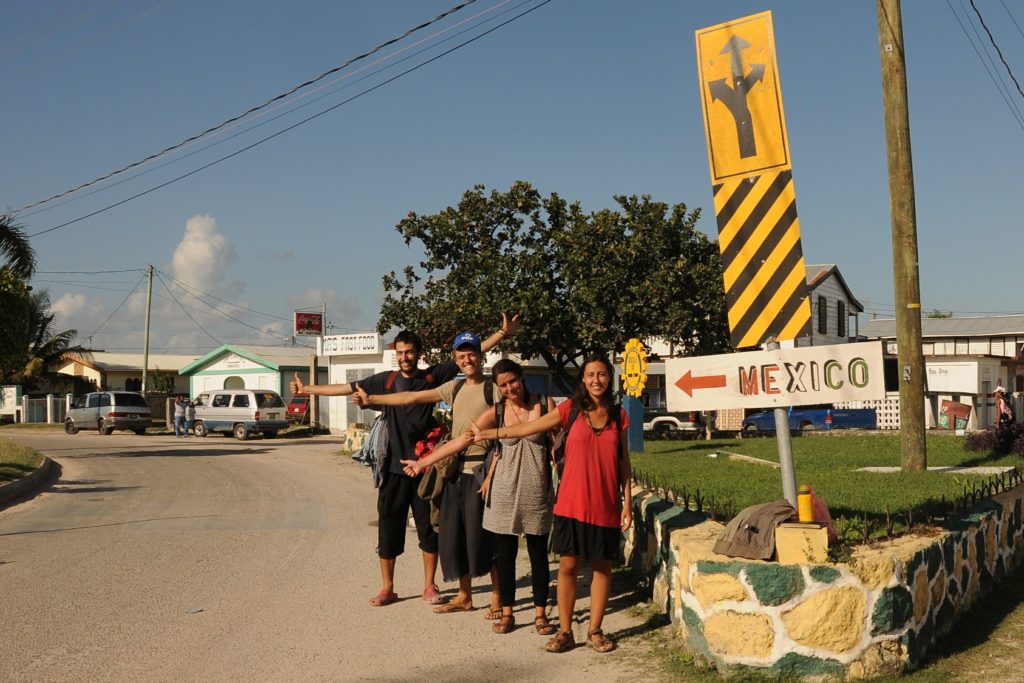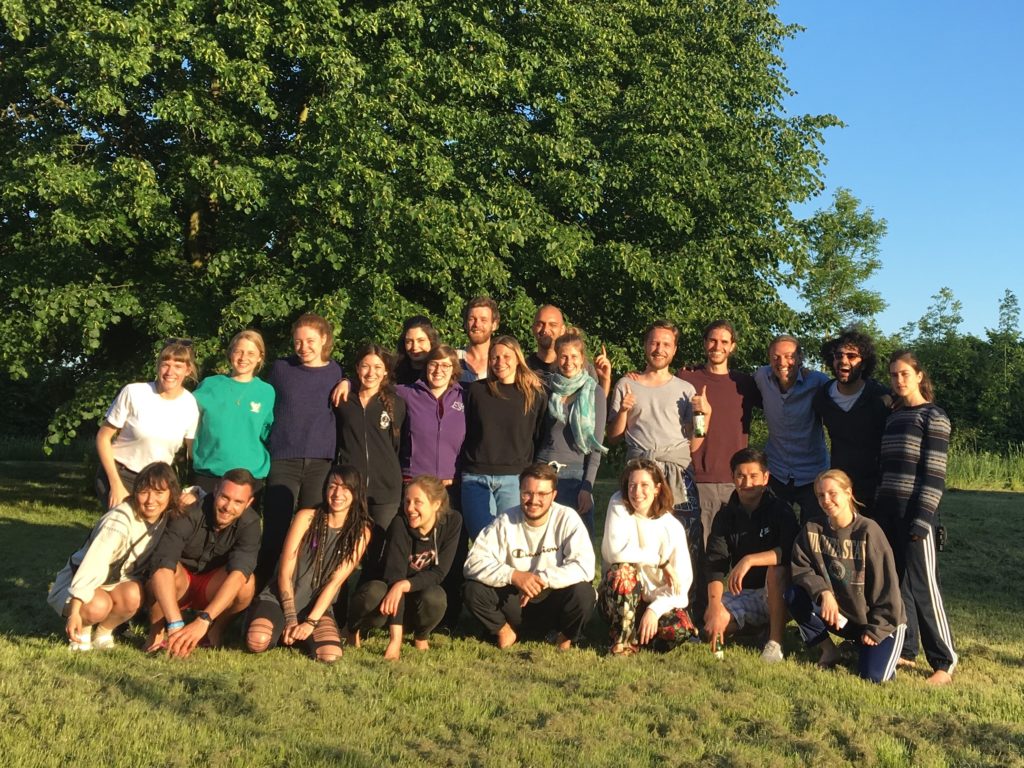The thing that I really liked about our event around the topic of food leftovers earlier this month was the diversity of the speakers. We had one startup whose focus was on food leftovers surrounding freshly prepared food, one organisation whose sole focus was on redistributing food to the needy and another startup whose goal was to make the issue of food leftovers more mainstream. Having spoke to the first two speakers before the event, Raphael Fellmer of SIRPLUS was the last piece of the puzzle. However, due to his busy schedule, it was unclear if we would have the chance to chat. As luck would have it, he arrived 15 minutes before the event started and after finding a nice corner away from all the hustle and bustle – and subsequently making ourselves comfortable on the floor – we got down to business.
SIRPLUS
Having founded SIRPLUS in 2017 along with fellow foodsaver Martin Schott, the startup has already made quite an impact in Berlin. As of now, there are four physical locations in the city, working in tandem with an online shop. The main concept is to save food that would otherwise be thrown away and afterwards selling it at a reduced price; this includes food which is past the best before date, which is still completely safe to eat.
The function of SIRPLUS goes deeper than that still. As an impact startup, raising awareness is an important part of what they’re doing. They don’t just want to sell this food, they want the customers to talk about the issue and spread the word to family, friends, colleagues and whoever else they come across. He highlighted how this was particularly important as 50% of food waste occurs in the home, meaning the consumer bares a lot of responsibility and it isn’t something which can be entirely blamed on politicians or corporations. In addition to this, they’re also working on trying to get food waste included in the school curriculum in order to make children aware of the issue. Finally he said that by tackling food waste, SIRPLUS also has a knock on effect of reducing water use, energy use, pesticide use and so forth; essentially anything used in the farming processes.
A long journey
However, Raphael’s journey as a foodsaver began a long time before 2017. Starting in 2009, he told me the story of how one day he watched a Youtube video which opened his eyes to the sheer scale of the food we throw away on a yearly basis. This subsequently led him into dumpster diving and following this he travelled with a few friends from the Netherlands to Mexico without money in an effort to raise awareness of food waste and to show how wasting resources in general is a huge problem; while he managed to travel 9,102km without buying food, I can barely make it down the street without popping into a bakery.

So how did he do it? He told me that during his journey, he saved food from a variety of different sources, including hotels, bakeries, supermarkets, farmers and more. In order to make it across the ocean, they also agreed to work on the ship which carried them in return for passage. Along his journey, he discovered more about the issues surrounding food waste – that we waste a third of all food and that one ninth of the human population are starving – which is what pushed him into dedicating his life to tackling this issue. One of the first steps he took was in developing the foodsharing concept, which came about to target small amounts of food for individual consumers, as the Tafel, which already existed at the time, could not dedicate time to saving such small amounts.
Difficulties
For Raphael, the switch from being an activist to a social entrepreneur was quite difficult for him, despite having an active interest in the topic for so long. He said that even though it was difficult not to have money while working on foodsharing, for SIRPLUS money is necessary in order to pay the employees and keep things running, which in itself brings a whole new set of difficulties. Another challenge he has came across is streamlining the ideas which everyone in his team has. All of these people with their own ideas on how to make the world a better place, it’s impossible to take them all on board and implement them effectively. He advised me that it’s always better to pick a battle or two to fight, instead of trying to do everything at once.
Even though there have been some difficulties in making SIRPLUS what it is today, he claims that it’s all worth it when he can go to work every day with 70 other people who are dedicated with their hearts to improving the planet and creating a better world not only for the humans and animals living now, but also those in future generations.

Changes
Having took only 10 minutes to tell me all of this, it took quite a while for the information to sink in, which is one of the excuses I’ll use for the fact that this has been published three weeks after the event. Regardless, all of the speakers, their messages and the topic of food leftovers have already had a profound impact on my life. Due to their inspiration, I find myself trying to be more active in the fight against food waste: for now I’ve already saved a meal, and I’m hoping to join foodsharing in the next few weeks. As we come to the end of the year, a new one begins and with it the chance to make some changes. Even if you do decide to finally use that gym membership you’ve been paying for all this time, why not take on the challenge Raphael or one of the other speakers set too? I dare you.
Raphael’s challenge: to go vegan for a week. Let us know how you get on with the hashtag #feedingberlin.
- Why Do Gases Act As Greenhouse Gases? - November 12, 2019
- 3 Reasons Why Protecting Our Rivers Is Incredibly Important - September 22, 2019
- The 5 Most Abundant Greenhouse Gases and Where They Come From - September 6, 2019
